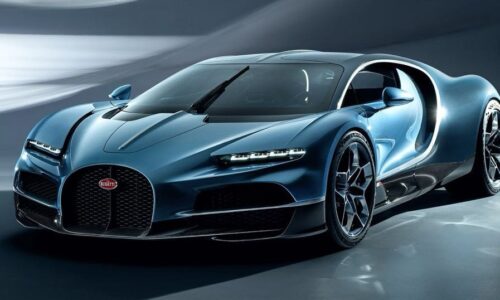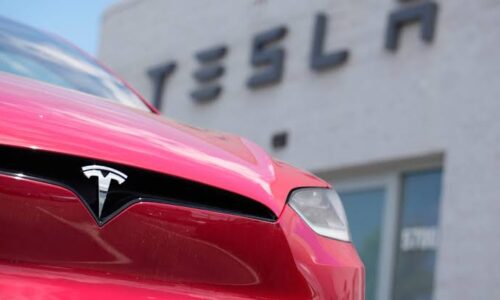- Catherine Maborukoje
- AI generated cars, Driverless car, Jaquar, Tesla
- 0 Comments
- 1510 Views
These are not mere fantasies, but tangible realities being shaped by the relentless march of technology.
We are in an era where the lines between science fiction and reality are becoming increasingly blurred, a new chapter in the history of transportation is coming to pass. Globally, forward-thinking businesses are introducing a range of autonomous vehicles that aim to revolutionise our movements, perspectives, and understanding of our surroundings.
Imagine a future where we can summon a self-driving taxi with the tap of a button, effortlessly gliding through city streets as we catch up on work or simply gaze out the window, freed from the burdens of the road.
These are not mere fantasies, but tangible realities being shaped by the relentless march of technology. These 5 driverless cars showcase the advancements in autonomous vehicle technology and the diverse range of designs and features offered by different manufacturers.
Noah Driverless Hospital by Beencent Oh
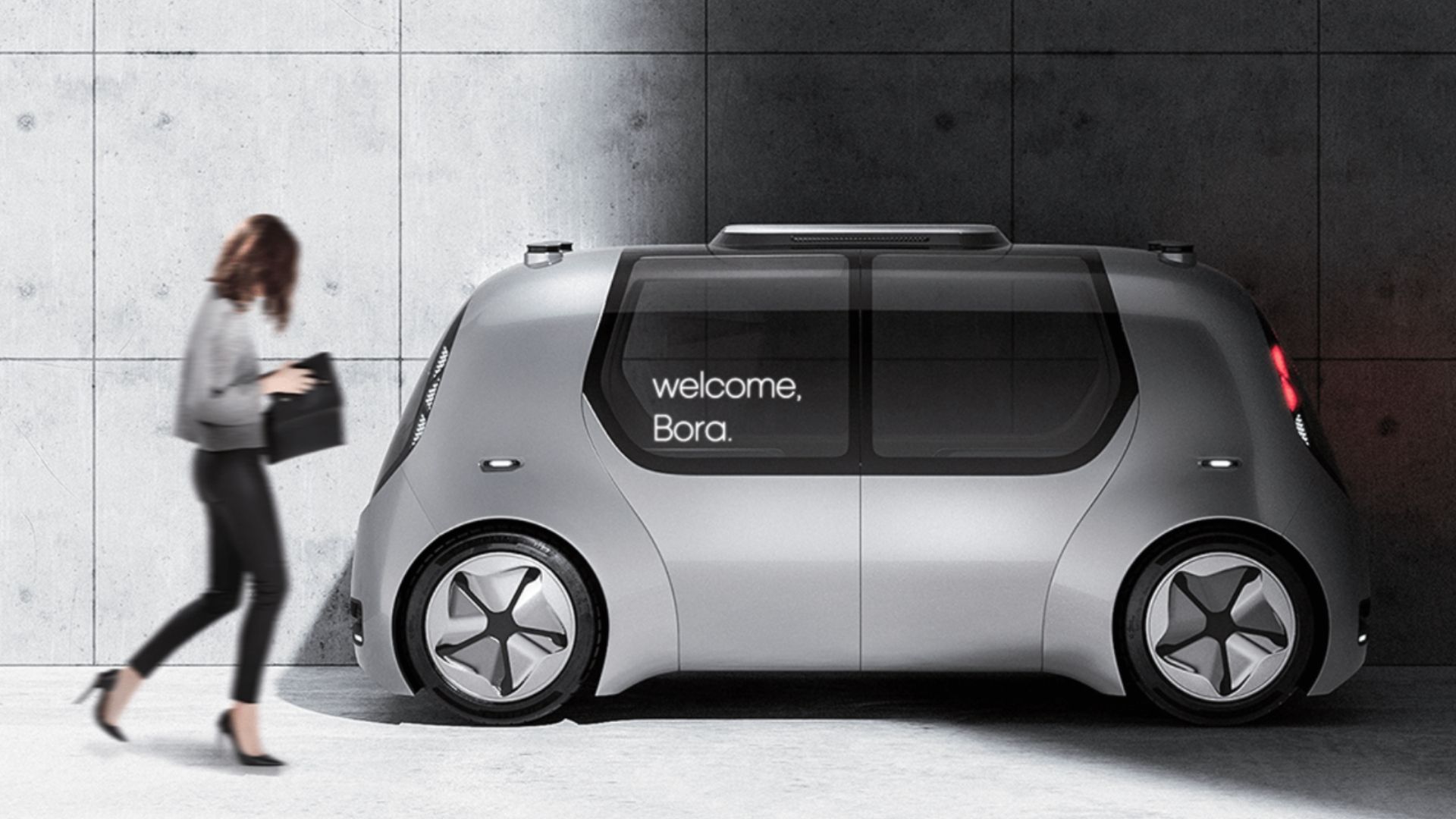
The Noah driverless hospital is a concept designed by Korean designer Beencent Oh. It is described as a “Primary Medical Treatment Centre” – a driverless car that aims to provide people with easier access to doctors and hospitals. The interior of the Noah driverless hospital is designed to be a calming space, with soft textiles in shades of grey. The car can monitor the user’s body temperature and heart rate to determine their primary health condition. The goal of the Noah concept is to help relieve the pressure that doctors experience in dealing with customer service. By providing a private and easily accessible place for medical care, it aims to improve the overall healthcare experience.
AI-Generated Apple Car
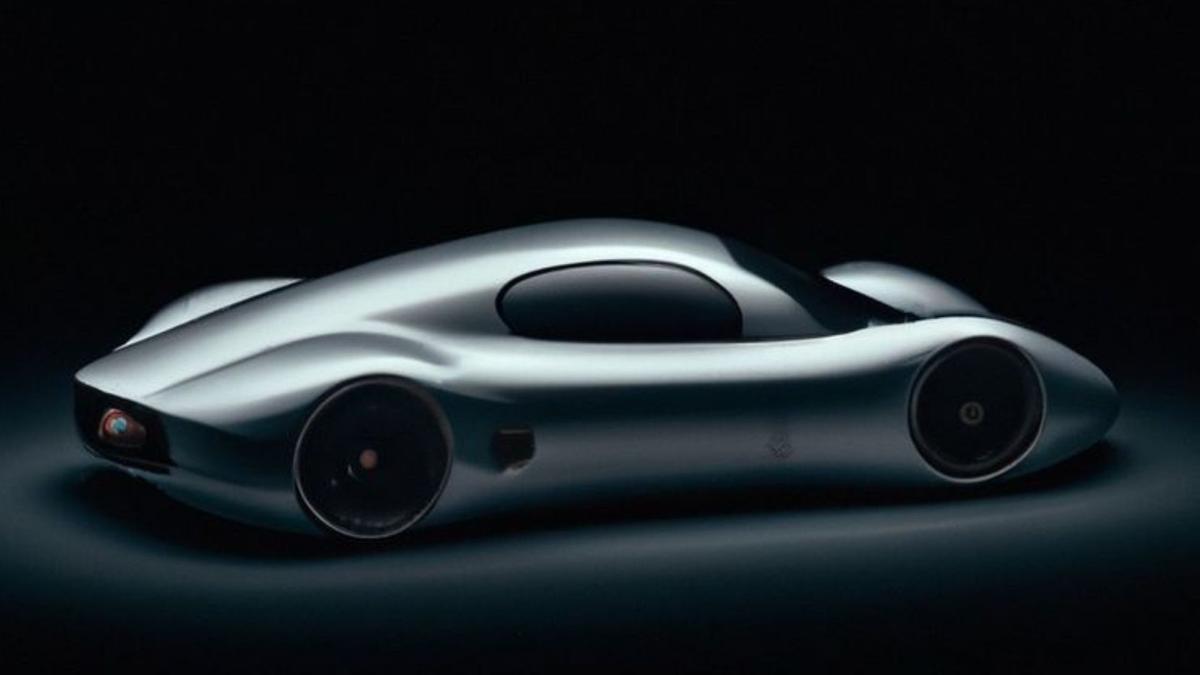
The AI-generated Apple Car is a futuristic concept that has garnered attention for its innovative design process. Designed by John Mauriello using the technology of artificial intelligence and Dall-E 2, this conceptual vehicle was inspired by a text prompt requesting a minimalistic sports car influenced by a MacBook and a Magic Mouse. The AI engine behind this creation effortlessly produced multiple images based on text-based cues, resulting in a sleek and curvilinear design with a machined aluminum body and a seamless surface.
Self-Driving Taxi
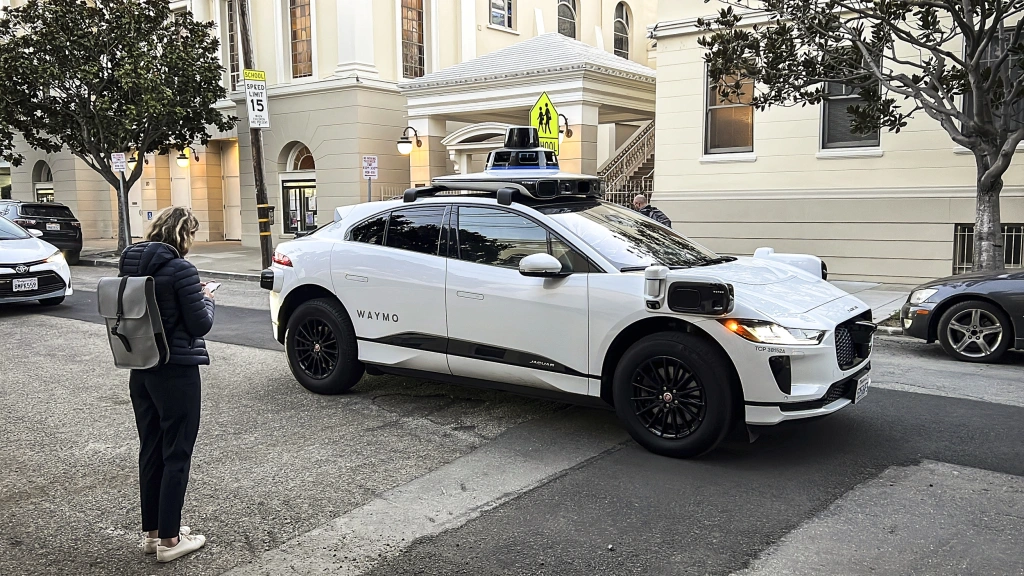
Self-driving taxis (also known as robotaxis) is an autonomous car (at SAE automation level 4 or 5) operated for a ridesharing service, without the need for a human driver. Major companies like Nissan, Waymo, Cruise, Yandex, Pony.ai, and WeRide have been testing and launching robotaxi services in various cities around the world, including in the US, China, and Russia.
Waymo, a subsidiary of Alphabet, has been operating a commercial robotaxi service in parts of Arizona and California since 2019, allowing passengers to hail and ride in fully autonomous vehicles without a safety driver. As of early 2024, no self-driving system has achieved full autonomy (SAE Level 5), but some vehicles with limited self-driving capabilities (SAE Level 3) have been introduced by manufacturers like Honda and Mercedes-Benz.
Project Vector by a British Automaker
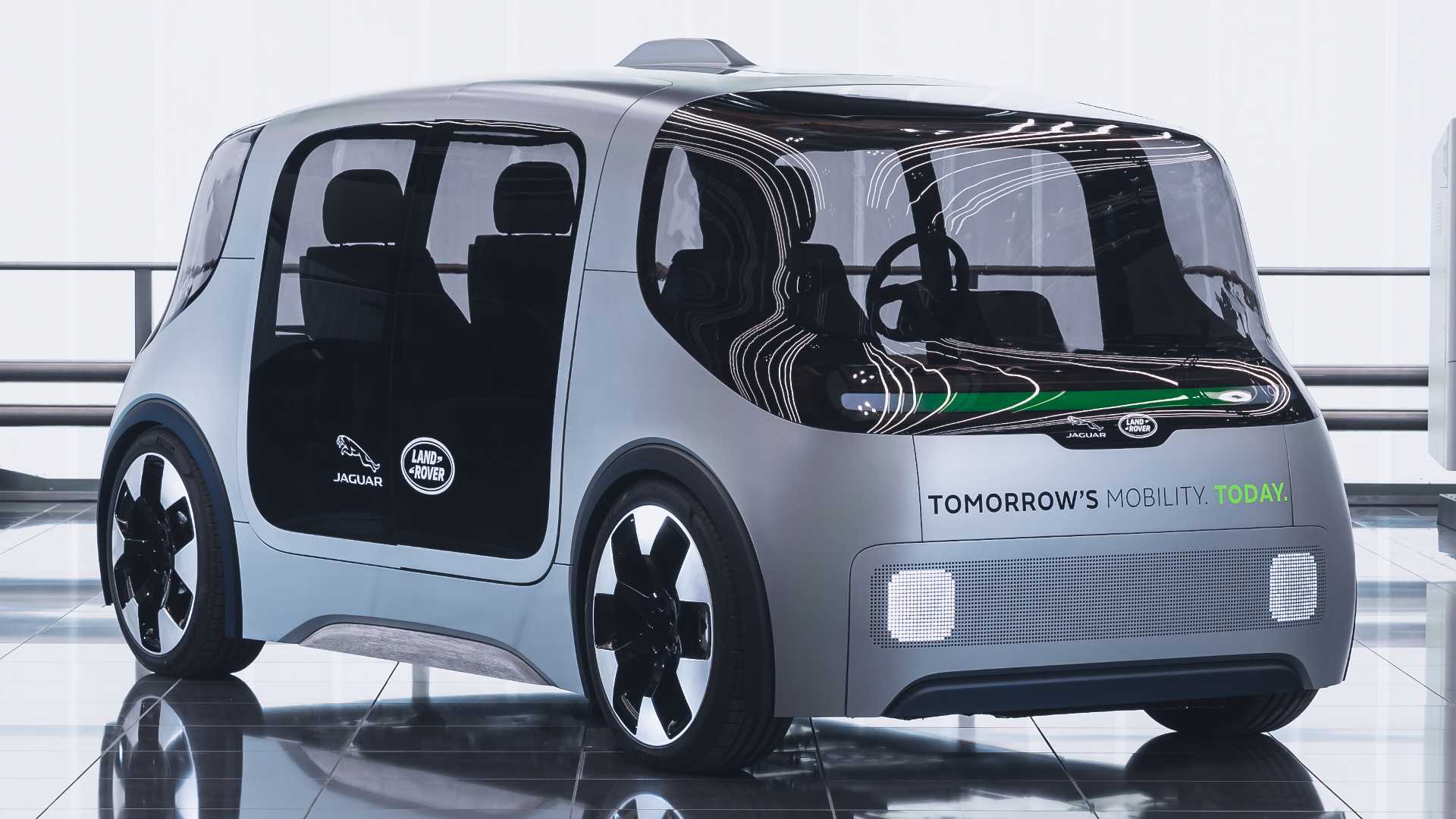
Project Vector is an innovative project by Jaguar Land Rover, a British automaker, that showcases their vision for the future of urban mobility. The vehicle, resembling a cube-like pod, is part of Jaguar Land Rover’s commitment to zero crashes, zero emissions, and zero congestion. Project Vector is a battery-powered self-driving shuttle designed by a British automaker. It is a compact vehicle, approximately 13 feet long, that can be used for both passenger and goods transportation.
The goal of this design is to provide a solution for urban transportation, addressing issues like limited parking spaces and congestion. The interior design includes sliding seats that can be adjusted for various scenarios, highlighting the adaptability and versatility of this futuristic urban transport solution.
Vision Next 100 by BMW
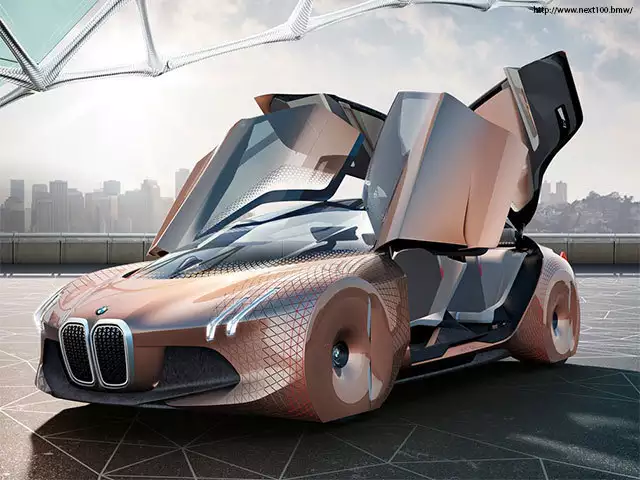
The Vision Next 100 is a concept car designed by BMW. It is based on the idea that a car is not just a means of transportation but also a companion to the owner. The car features advanced technologies like autonomous driving, which allows the owner to relax and enjoy the ride. The Vision Next 100 project aims to provide personalized and emotionally rewarding driving experiences while embracing cutting-edge technologies such as intuitive assistance systems, autonomous driving modes like Ease Mode and Boost Mode, and unique design features like dynamic wheel arches and reflective glass panes.
Tesla Vehicles
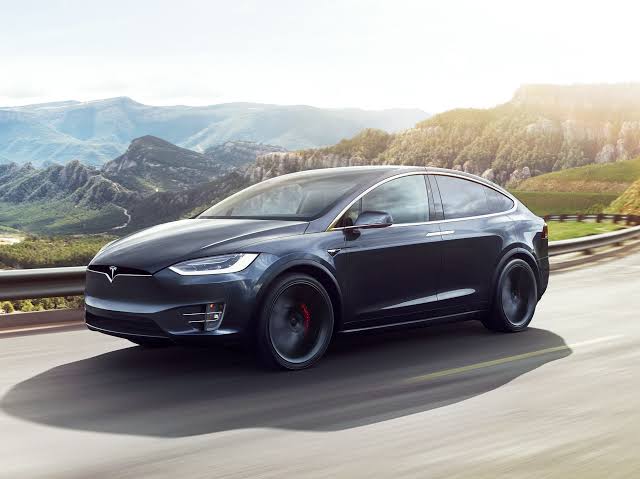
Tesla is a company known for its electric vehicles and autonomous driving capabilities. Tesla vehicles are equipped with advanced sensors and software that enable them to navigate roads with minimal human intervention. Tesla is pushing to legalize its “Full Self-Driving” (FSD) system in the UK and Europe, demonstrating the technology to regulators and seeking changes to UN regulations that govern advanced driver assistance systems.
In the coming years, as these driverless marvels take to the roads, we will witness a seismic shift in the way we live, work, and interact with our surroundings.
READ ALSO: The Electric Future of Transportation









